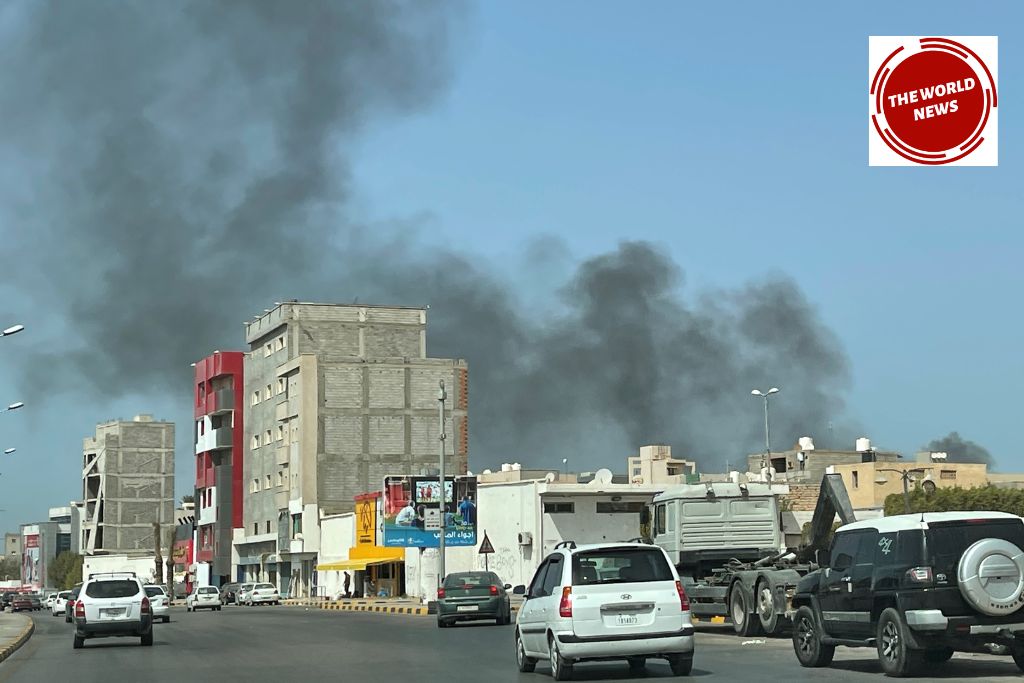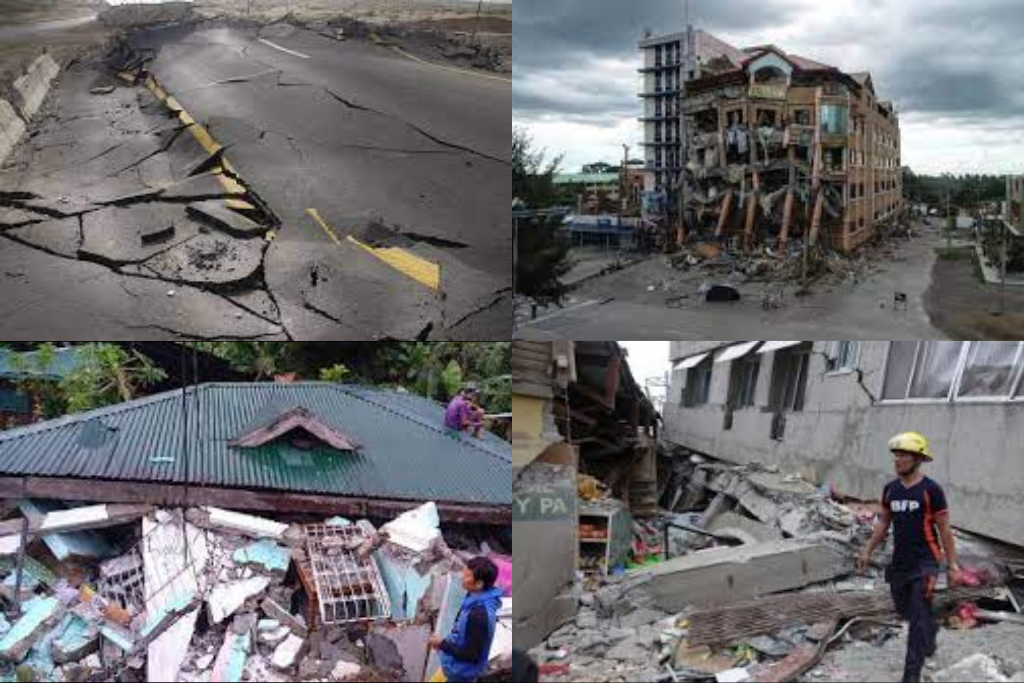The recent outbreak of violence in Libya’s capital, Tripoli, has left the nation reeling as the death toll continues to rise.
With 55 confirmed deaths and 146 individuals injured, the clashes mark a tragic turn of events for a country that has struggled to find stability since the fall of the Gaddafi regime in 2011.
This blog aims to delve into the root causes of the conflict, examine its broader implications for Libya, and explore potential avenues for restoring peace and stability.
Historical Context
To understand the present situation, one must delve into Libya’s complex history.
The fall of Muammar Gaddafi’s authoritarian regime in 2011 plunged the country into chaos, with various armed groups vying for control.
The absence of a strong central authority paved the way for regional militias and factions to emerge, each with its own agenda and allegiances.
The struggle for power and resources intensified, leading to sporadic clashes and ongoing instability.
Trigger and Catalyst
The recent clashes in Tripoli were ignited by the seizure of a prominent figure from one faction by a rival group.
This act of aggression swiftly escalated into a full-blown conflict, resulting in significant loss of life and injury.
The situation underscores the deep-seated tensions that persist within Libyan society and the fragile nature of the peace that has been sought since Gaddafi’s downfall.
Regional and International Players
Libya’s instability has not only been a concern for its citizens but also a source of concern for neighboring countries and the international community.
The country’s strategic location and vast oil reserves have attracted the attention of various regional and international players, each with their own interests.
Competing agendas and foreign interventions have further complicated the efforts to find a lasting solution to the conflict.
Humanitarian Crisis
Beyond the immediate casualties, the clashes have given rise to a humanitarian crisis, displacing countless families and leaving many without access to basic necessities.
The ongoing violence disrupts critical services, including healthcare and education, exacerbating an already dire situation.
The international community must rally to provide humanitarian aid and work towards a ceasefire to alleviate the suffering of the Libyan people.
Challenges to Resolution
The path to resolution is laden with challenges. Reconciling the differences between rival factions, many deeply entrenched in their positions, is no small feat.
Additionally, the lack of a unified Libyan government capable of asserting authority across the nation complicates negotiations.
The challenge of disarming militias and integrating them into a suitable national security apparatus remains a persistent obstacle.
Potential Avenues for Peace
Despite the complexity of the situation, there are potential avenues for restoring peace and stability in Libya:
- National Reconciliation: A comprehensive dialogue between all factions and communities is essential to address grievances, build trust, and work towards a shared vision for the future.
- Economic Development: Investing in infrastructure, diversifying the economy beyond oil, and creating job opportunities can help alleviate socio-economic disparities that often fuel conflict.
- External Diplomacy: Regional and international actors must engage constructively and support Libyan-led initiatives for peace, rather than pursuing their narrow interests.
- Rule of Law: Strengthening institutions, including the judiciary and law enforcement, is crucial for ensuring that grievances are addressed through legal means rather than violence.
Libya
The recent clashes in Tripoli serve as a stark reminder of the challenges that Libya continues to face on its road to stability.
The loss of life and the humanitarian crisis demands immediate attention and action from both domestic and international stakeholders.
A holistic approach, involving political, economic, and social measures, is essential to prevent further deterioration and to pave the way for a peaceful and prosperous Libya.
As the nation navigates through these troubled waters, the international community’s support and commitment to the Libyan people’s well-being will be crucial in shaping a brighter future for the country.
Stay updated with the latest news at The World News



